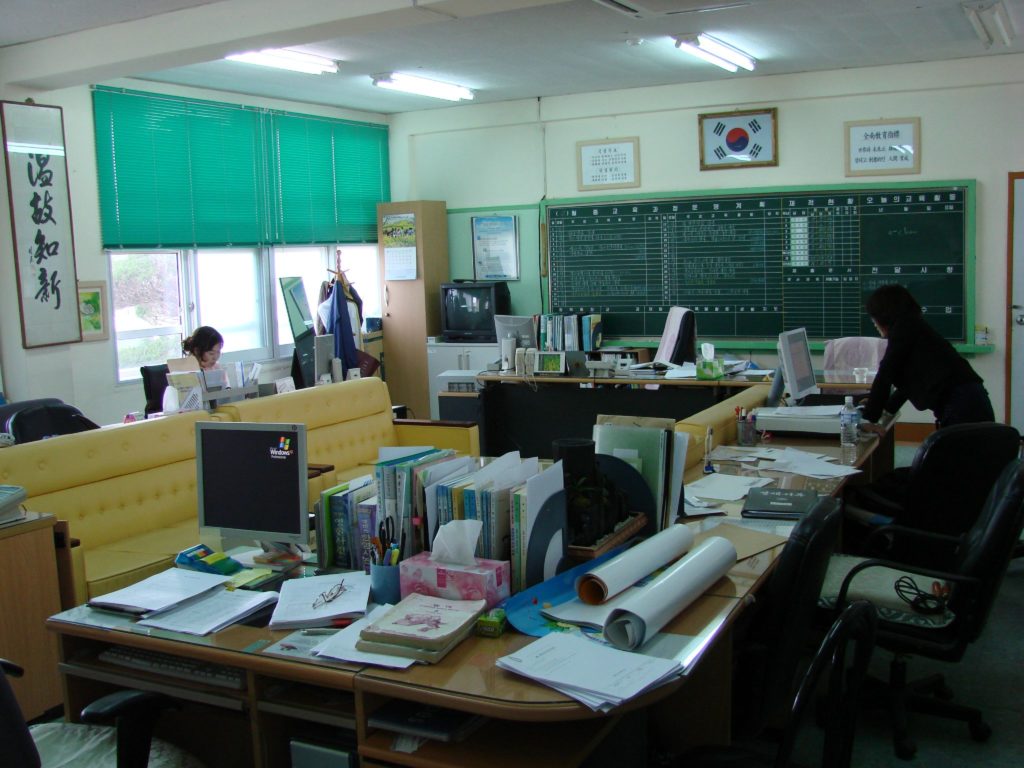The Peninsula
Backlash from teachers sparked by bad communication

What Happened
- Last year, a revised law required public school teachers to undergo mandatory drug testing.
- Lawmakers revised the law in response to the rise of drug abuse in Korea in recent years.
- The Gyeonggi Province Teacher’s Union demanded education authorities re-examine the “unreasonable’ measure.
Implications: Seeking to address growing societal problems, the South Korean government often overlooks communicating its policies to build consensus ahead of implementation. The revised law invited backlash from teachers in Gyeonggi Province, who viewed mandatory drug testing as a “unilateral decision” by authorities treating public educators as potential drug addicts. Following a lack of communication from the government, the regional teachers’ union stated that the enforcement imposed onerous standards on teachers despite their low rate of drug addiction. The government also failed to address whether teachers would have to pay out of pocket for these drug tests and if they would receive paid leave for drug testing. In response to criticism, the education ministry had to publicly defend the policy, arguing that stricter qualifications were needed for teachers because they acted as role models in society.
Context: The government has had previous challenges properly communicating its policy objectives to constituents. Despite its noble goals of building the world’s largest wind farm, the government encountered resistance from local fishermen living near locations earmarked as sites for this project. The fishermen believed that proposed offshore wind farms would damage marine habitats and harm the spawning and migration of fish stocks. In the end, the government’s failure to dispel such concerns before moving ahead created delays and added costs in the transition from carbon-based power generation to renewable energy.
This briefing comes from Korea View, a weekly newsletter published by the Korea Economic Institute. Korea View aims to cover developments that reveal trends on the Korean Peninsula but receive little attention in the United States. If you would like to sign up, please find the online form here.
Korea View was edited by Yong Kwon with the help of Sean Blanco, Marina Dickson, and Jina Park. Picture from flickr user watchsmart
